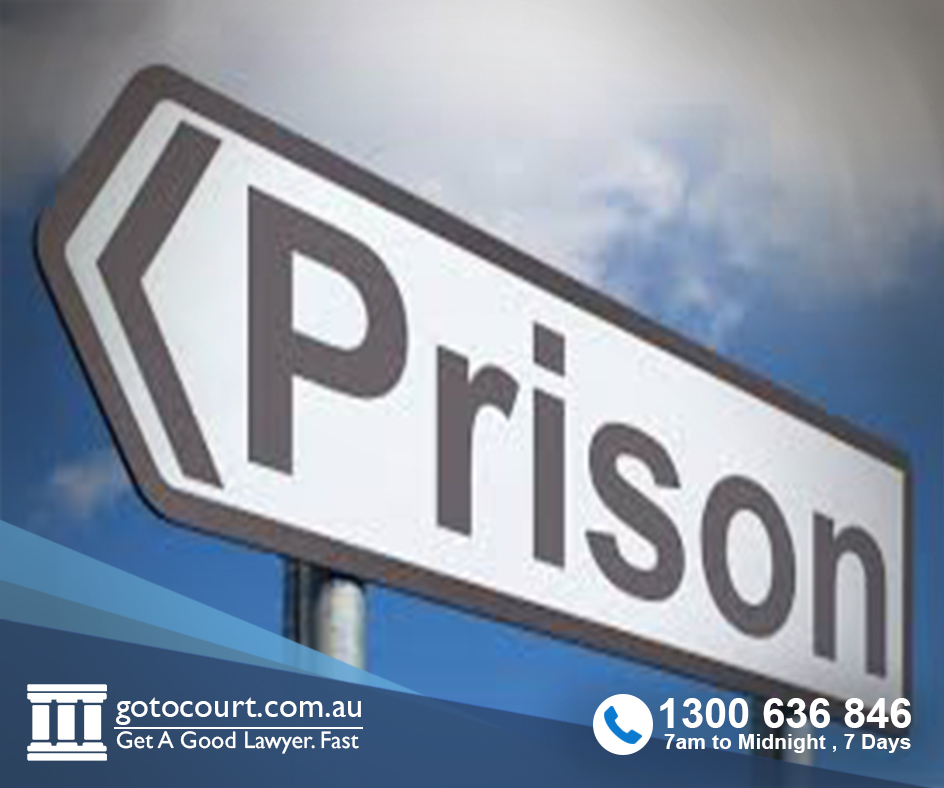Spent Convictions (NSW)
Spent convictions in New South Wales are governed by the Criminal Records Act 1991. The act implements a scheme to limit the effect of criminal convictions for relatively minor offences once the offender completes a period of crime-free behaviour. Once this period has passed, the conviction will be regarded as spent and should not form part of a person’s criminal history.
Which convictions can be spent?
All convictions can become spent, except the following:
- Convictions for offences for which a prison sentence of more than 6 months was imposed;
- Convictions for sexual offences;
- Convictions imposed against bodies corporate;
- Convictions set out in the regulations.
A conviction can become spent even if it is a conviction for an offence outside of New South Wales.
When is a conviction spent?
A conviction is usually spent on the completion of a specified crime-free period. However, some convictions are spent immediately.
If an offence is proved, or a person is found guilty without proceeding to a conviction, this will mean the conviction is spent immediately after this occurs.
In the Children’s Court, an order that a charge be dismissed, and a caution given, means the order is spent after the caution is administered.
If an offence has been proved, or it is found that a person is guilty of an offence and the court orders the offender be released on entering into a good behaviour bond or participating in an intervention program, the finding is spent when the period of time passes or the conditions are met.
When an offence ceases to be an offence because the law has changed, existing convictions for the offence become spent immediately on the law changing.
What is the crime-free period?
If a person is convicted by a court (other than the Children’s Court), the crime-free period is any period not less than 10 consecutive years after the date of conviction. During this time the person must not be convicted of an offence punishable by prison and must not have been in prison or unlawfully at large.
In the Children’s Court, the crime-free period is any period of not less than 3 consecutive years after the date of the order. During this time, the person must not be the subject of a control order, be convicted of an offence punishable by prison, and must not have been in prison or unlawfully at large.
Consequences of a conviction being spent
If a person’s conviction is spent, he or she is not required to disclose information concerning the spent conviction to any other person for any purpose. This means that if the person is asked a question concerning their criminal history, the question should be taken to refer only to any convictions which are not spent.
References in legislation to convictions, or to a person’s character or fitness, do not apply to spent convictions.
What if information about spent convictions is disclosed?
Generally, it is unlawful to disclose information concerning a person’s spent convictions. A person who has access to such records kept by or on behalf of a public authority, must not disclose to any other person any information concerning spent convictions without lawful authority to do so. Unlawful disclosure carries a maximum penalty of $5500 or imprisonment for 6 months, or both.
However, there are some exceptions to this. For instance, an officer of the Criminal Records Section of NSW Police can make information relating to spent convictions available to a law enforcement agency. Libraries and archives can make available to a member of the public, or to another library or archive, material that is normally available for public use that contains information relating to spent convictions. This must be done in accordance with the normal procedures of that library or archive.
Numerous law enforcement agencies, including all State and Territory Police, can make information relating to spent convictions available to another law enforcement agency or to a court in compliance with an order of the court.
Information relating to spent convictions can also be made available in accordance with specific provisions of the Child Protection (Working with Children) Act 2012.
It is not an offence for a public authority or government agency to make information about a spent conviction available to the person who was convicted.
It is an offence to obtain or attempt to obtain information concerning a spent conviction fraudulently or dishonestly. This offence carries a maximum penalty of $5500 or imprisonment for 6 months, or both.








